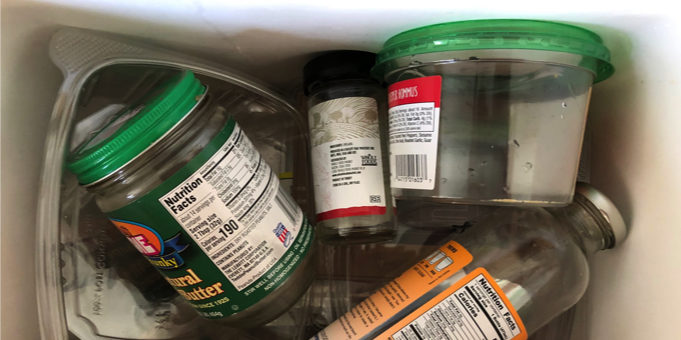As we marked Maine’s historic passage of the first extended producer responsibility (EPR) law for packaging in the nation last week, we couldn’t help but think back to the 1997 milk jug crisis. What’s that, you ask? Read this front-page Boston Globe story featuring PSI to find out and remember how far we’ve come as a movement over the past 20+ years.
The formal beginning of packaging EPR in the U.S. is a moment to celebrate — and it’s just a start! We’ll be working hard this year in states across the country to develop and pass EPR legislation based on best practices and our signature policy model. We believe the most effective EPR laws are developed when all stakeholders — including government, manufacturers, environmental groups, consumer brands, waste management companies, and others — come together to reach agreement on solutions that protect human health and the environment from the harmful impacts of waste.
A few key states to keep an eye on: Oregon, Vermont, New York, Massachusetts, Connecticut, Maryland, Illinois, Washington, and California. And in addition to packaging and paper products, we’ll also be working on carpet, mattresses, textiles, paint, solar panels, electronics, batteries, and more.
For the moment, though, we applaud the passage of the first packaging EPR law in the U.S., and we congratulate the Natural Resources Council of Maine, a longtime PSI partner and collaborator that spearheaded the introduction of the bill this session and worked tirelessly to ensure its passage. This and future laws will shift the burden of recycling from municipalities and taxpayers to producers, saving millions of dollars for local governments and providing incentives to consumer brands to choose sustainable packaging and reduce waste. Read more about Maine’s law and the EPR movement that led to its passage in this week’s Boston Globe article.
Please consider sharing the Boston Globe article with your networks on Twitter, LinkedIn, and Facebook or by forwarding this e-mail.


Recently on Twitter